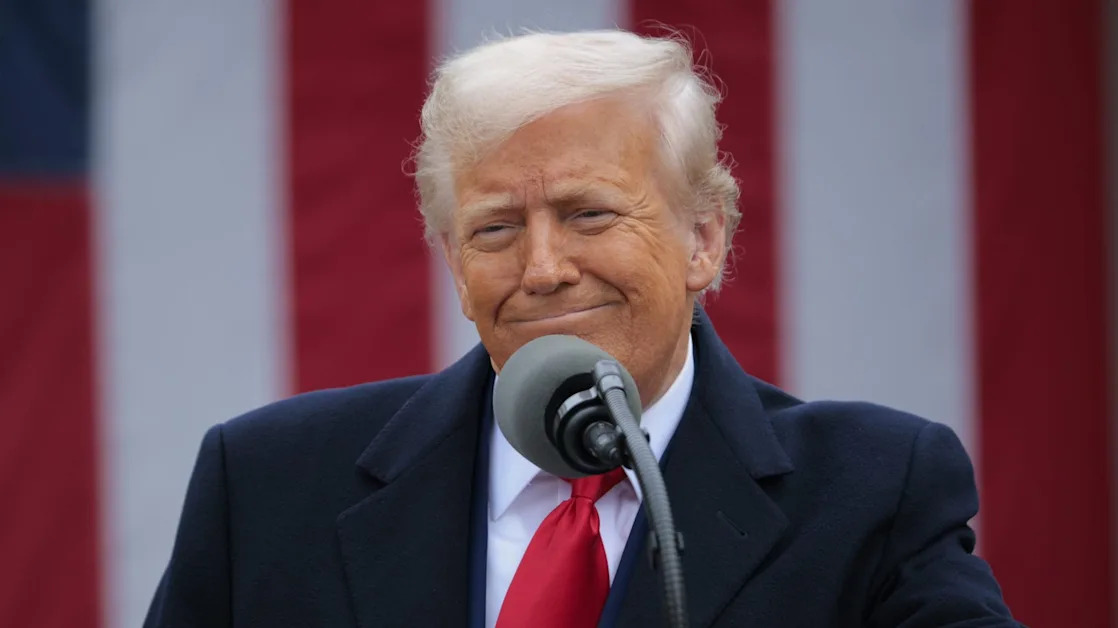
‘There will be blood’: JPMorgan raises recession risk to 60% as global stock market sell off continues
President Donald Trump’s package of tariffs to be levied starting next week could plunge not just the United States into recession but the entire world along with it.
That’s the simple conclusion reached by the top economic minds at JPMorgan. In a research report published on Thursday titled “There will be Blood”, the Wall Street investment bank argued other global markets would not be resilient enough to escape the gravitational forces of a shrinking U.S. economy weighted down by tariffs.
Revising its 2025 forecasts for the second time in five weeks, JPMorgan said it was caught off guard by the Trump administration’s “extreme” agenda symbolized by the raft of hefty import duties announced during Trump's so-called 'Liberation Day.'
As a result of the White House’s attempt to convert its trade deficit into a problem for America’s trading partners, JPMorgan has now ratcheted up the probability of a global recession to 60% from 40% previously.
Yet far from making America wealthy again as Trump has promised, JPMorgan calculates taht the tariffs will cost U.S. consumers roughly $700 billion—a de facto tax hike nearly as painful relative to the size of the economy as Lyndon B. Johnson’s Revenue Act passed to finance America's war in Vietnam.
“If sustained, this year’s ~22%-point tariff increase would be the largest U.S. tax hike since 1968,” the bank said, estimating its impact at 2.4% of domestic GDP.
The latest actions lift the average tariff rate higher than even those seen during the Smoot-Hawley Tariff Act of 1930, an act that many economists argue played a key role in exacerbating the Great Depression.
“A strong case can be made that the latest tariffs are more damaging given that the share of imports and broader globalization are considerably larger now than in the 1930s,” JPMorgan continued.
$3 trillion wiped off U.S. equity markets
The Trump administration has argued a healthy manufacturing base is important to national security, worth the short-term pain to claw back heavy industry that was hollowed out over many years and moved offshore. And indeed, the pandemic did reveal globalization had its flaws, as the lack of certain $1 commodity semiconductors made in Taiwan prevented the manufacture of a $40,000 passenger car stateside.
However, due to the dimensions and arbitrary nature of the tariffs—determined not through reciprocal tariff rates but trade imbalances—their imposition risks sparking a retaliatory trade war where other countries erect their own protectionist walls in a tit-for-tat escalation.